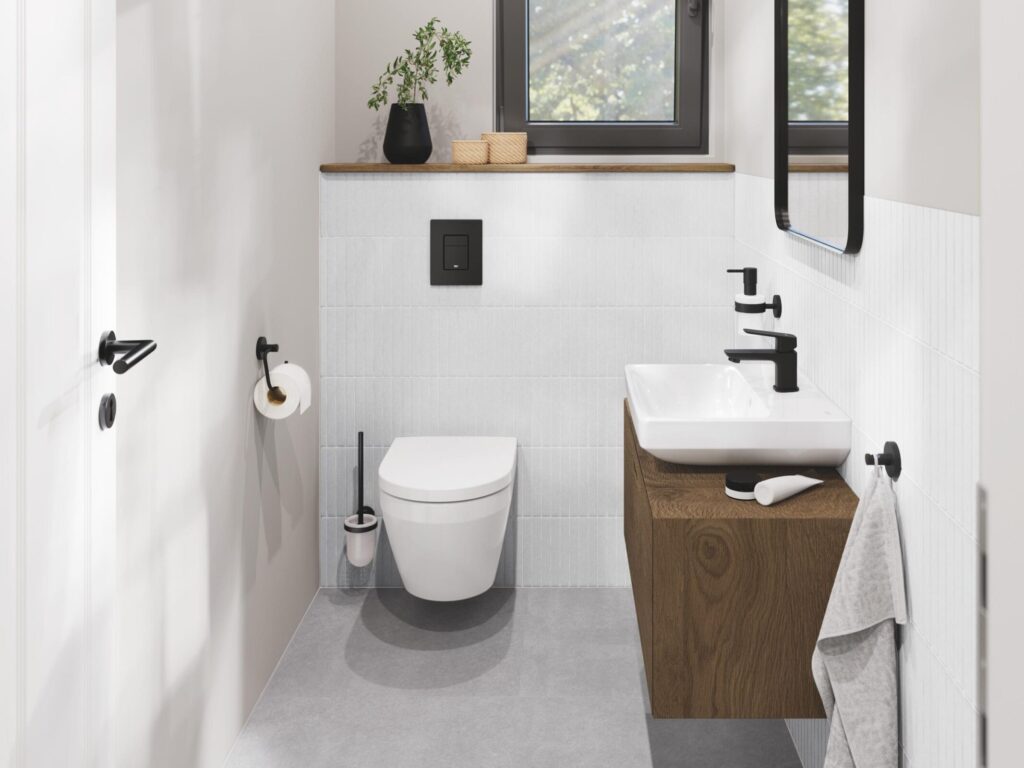Britain’s house builders should think about outdoor play for children when considering new neighbourhoods. Outdoor play enriches the life of children, improving their health and wellbeing. However, too often play remains an afterthought in the planning process.
A new study by ZCD Architects, supported by the NHBC Foundation, found that the design of neighbourhoods can influence the way space is used for play and wider social use by all ages.
The study: Making spaces for play: on new suburban and town developments used a new mapping approach to look at seven housing developments across England, including a number of well-known award-winning schemes. The mapping exercises carried out on each development explored whether homes had safe, direct access to external space, the availability of car-free networks to promote safe walking or cycling, and whether street layout encourages social interaction.
Traditionally children have liked to play outdoors for long periods and have been naturally drawn outside by other children playing; this study gives new insights on how the design characteristics of neighbourhoods influence the amount of play observed. Significantly the mapping approach could allow us to predict social outcomes in terms of play at an early point in planning, and steer towards characteristics that are beneficial.
At a development which recorded high scores on the mapping exercise, some children played continuously for several hours. However on developments with lower mapping scores the number of children playing showed a tendency to decline for the longer periods of continuous play. No unsupervised play was recorded on the development with the lowest mapping score.
Commenting on the report, ZCD Architects Director Dinah Bornat said: “The analysis in this study shows that overall social use of space may increase by 50% or more on housing developments where child-friendly approaches to neighbourhood planning are incorporated, compared to those where such features are absent.”
“The current trend in the UK has been for outdoor play, and particularly unsupervised play, to be ever more restricted, with children being deprived of a natural activity that
contributes to their learning, socialising, fitness and wellbeing. This research gives hope that higher levels of outdoor play can be achieved through good neighbourhood design.”
Neil Smith, NHBC Head of Standards, Innovation and Research said: “This pilot study puts forward an approach that could allow housebuilders to consider play at the earliest stages of design and opt for characteristics that can contribute to good social outcomes for communities.”
For more information and to download the report, please click here.











